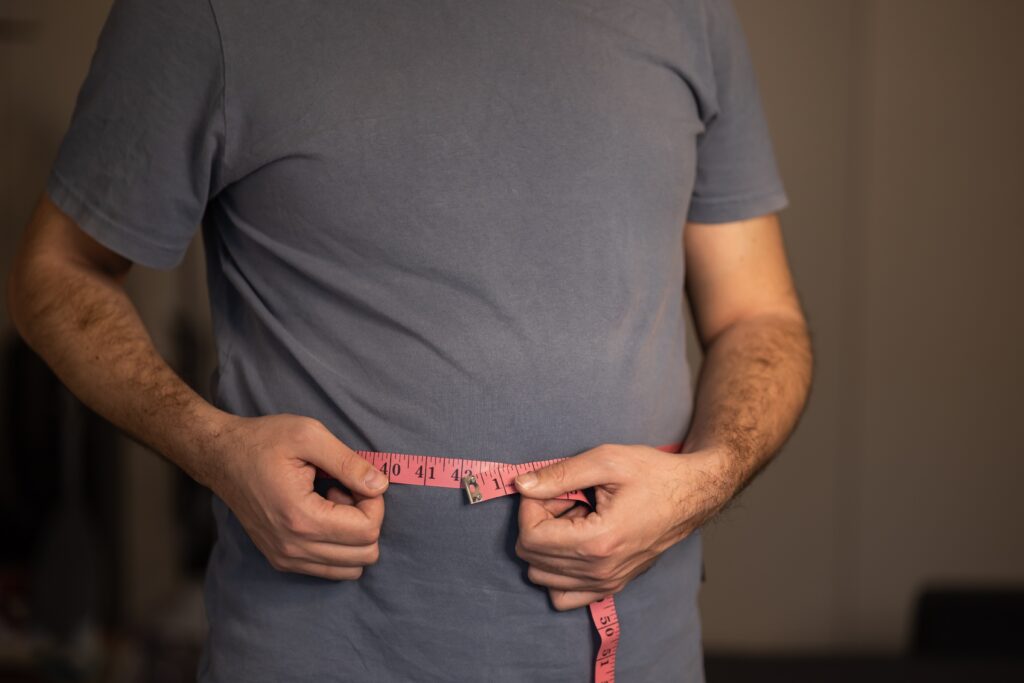Oxford Medical Products has shared promising safety data from a first-in-human study for its ‘mechanical’ weight loss pill.
The pill, called Sirona, is actually a device that presents a new, non-pharmacological approach to managing weight.
Sirona is designed as a non-invasive solution for individuals struggling with obesity, offering a safer alternative to traditional weight-loss medications and surgeries.
The mechanical pill works by physically expanding in the stomach, creating a sensation of fullness to suppress appetite. Unlike drugs that alter metabolism or appetite by interacting with hormones, the pill functions entirely mechanically.
Once ingested, Sirona swells to occupy space in the stomach, mimicking the effects of a larger meal and reducing overall food intake. This approach aims to help users control portions and calorie consumption without the need for surgery, such as gastric banding or bypass, or the side effects commonly associated with appetite-suppressing drugs.
The expansion mechanism of the pill is designed to be temporary, as it is naturally expelled from the body after several days. Importantly, it does not interfere with the digestive system’s normal function, making it a non-invasive and reversible solution.
In Oxford Medical’s first-in-human trials, conducted in a diverse patient group, data shows that the pill is well-tolerated, with no significant adverse events reported.
Related: FDA Removes Eli Lilly’s Mounjaro and Zepbound from Shortage List Sparking Lawsuit from Compounders
Eli Lilly’s Mounjaro Outperforms Novo Nordisk’s Ozempic in New Weight Loss Study
The randomized controlled trial, aimed at evaluating the safety, feasibility and tolerability of Sirona, enrolled approximately 40 adults with a body mass index (BMI) between 30 and 41.
Participants were either given Sirona or a placebo and monitored over a 12-week period. Oxford’s device showed a favorable safety profile, with no serious adverse events reported, and no participants withdrew from the study due to product-related issues.
Those in the Sirona treatment group experienced weight loss of up to ten percent of their total body weight. The company did not disclose whether this outcome was statistically significant compared to the placebo group. A quarter of trial participants were reported to have lost more than five percent of their body weight.
The UK-based company highlighted that the pill’s composition, consisting of an inert dual-polymer hydrogel among its biocompatible materials, ensures that it does not provoke allergic reactions or interact with medications.
In a statement, Oxford Medical’s CEO, Dr. Camilla Easter, said, “Data like these prove our initial belief — that Sirona represents a safe approach to weight loss. We are extremely pleased that the participants in our study responded well to Sirona, and we have now delivered over 8,000 doses; with our fantastic safety profile and non-pharmacological approach, we are uniquely positioned to disrupt the overweight and obesity treatment market.”
Obesity continues to be a growing health concern globally, contributing to the rise of conditions such as type 2 diabetes, cardiovascular diseases and certain types of cancer.
The demand for safe, effective and affordable weight-loss interventions has never been higher. Traditional methods like diet and exercise often fail to provide long-term success, and newer pharmacological options like hormone-based GLP-1 agonists, while effective, can be expensive and carry side effects.
The obesity treatment market is currently dominated by GLP-1 agonist drugs like Novo Nordisk’s Wegovy (semaglutide) and Eli Lilly’s Zepbound (tirzepatide). According to GlobalData, both are projected to surpass $30 billion in annual revenue within the next decade.
The widespread success of these drugs has caused some medical device companies in the sector, such as Allurion with its swallowable intragastric balloon, to face challenges.
However, Oxford Medical sees potential in a multidisciplinary approach to obesity management, emphasizing the synergy between drug therapies and medical devices as a promising avenue for future treatment strategies.
Since Oxford Medical’s mechanical pill operates without altering the body’s hormonal or metabolic systems, it holds appeal for a broad spectrum of users, including those with contraindications to drug-based therapies.
If you want your company to be featured on Xtalks.com, please email [email protected].












Join or login to leave a comment
JOIN LOGIN